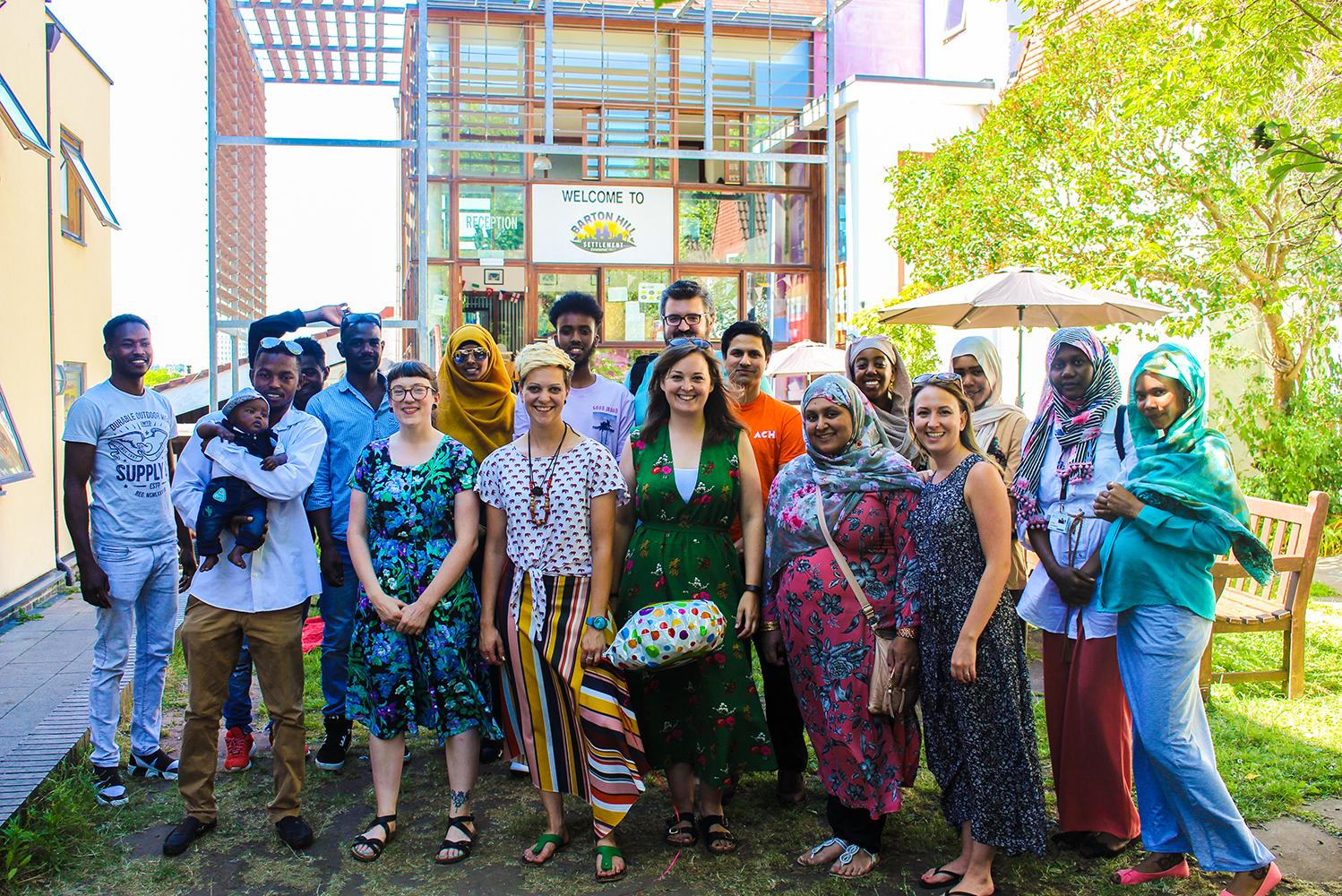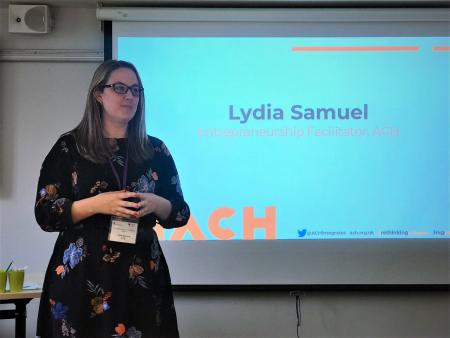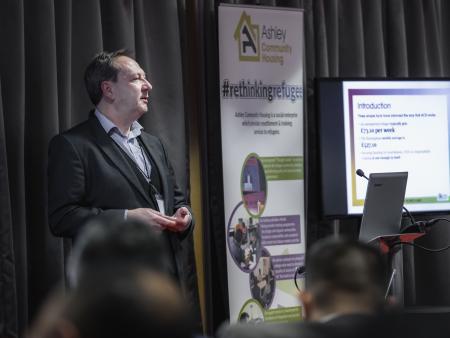
Using Collective Impact to place refugees at the heart of our work
The stories of refugees are often told in terms of tragedy and rescue, of crisis and eventual safety through the charitable actions of others. Within this narrative, the voices of refugees themselves have become lost: an absence that is reflected in the support systems they are provided.
As limited knowledge of English language and UK job markets are the most obvious barriers to continued employment, the current focus on ESOL and Employability may appear to be the clearest solution. Having completed these courses, refugees are directed into work, and in theory should have the opportunity to progress and succeed.
However, this is not the case. Research by the OECD shows that it takes refugees an average of 20 years to reach a similar rate of employment as those born in their host country: a shocking figure, considering a higher rate is reached by other migrants in less than 4 years. A paper by the IPPR also found that refugees have lower rates of employment than the population as a whole, while those who are in employment tend to be clustered in similar types of roles, with low pay and unsociable hours.
The problem lies with low expectations. There is continuing poverty among people who could, given the right opportunities, achieve a high level of success. Despite high demand for various skills and qualifications in the UK, the refugees who are equipped with those competencies are becoming trapped in jobs that do not utilise their full potential, with little chance of progression.
Having recognised that this disparity persists not only despite, but because of current systems and practices, we need to change the way we work in order to face those structures. When faced with a system that perpetuates inequity, how can you do things differently?
Involve the community you’re working with
It is true that difficulties in gaining employment are created by language and cultural barriers, but the issue is also perpetuated by a societal structure that assumes those barriers. Existing programmes are designed, for the most part, by people who do not have direct experience and understanding of what will most benefit refugees. Instead of basing our actions on what we think the refugee community needs, we need to find out from that community itself.
Here’s an example from ACH’s experience: Mohamed is a successful and talented events photographer, but has come to the UK having lost his client base and his photography equipment. He isn’t confident in his English, even though he has been studying hard. Do you put him through lengthy language courses and employability training, so that he can progress to an entry-level job and stay there, with no prospect of picking up his original profession?
The alternative is to ask him where he wants to be, and what he needs from us to get there. Right now, Mohamed has been volunteering with us to practice his social media and English skills, and to put his photographic talent to use. We have also found an opportunity for him to attend a local wedding, to gain a clearer idea of UK-specific cultures and practices within the field of wedding photography.
From this experience, Mohamed can tell us what he needs in order to begin rebuilding his career. This could be as simple as a business card, or a grant for the right kind of camera, and he could easily start working: without the need to undertake expensive courses. Only by paying specific attention to his skills and requirements can we provide genuinely impactful support.
Build a culture in which change can be made
To place the people we are helping at the heart of our system, and in this way challenge established programmes, ACH is using a collective impact approach. As mentioned in our previous blog, ‘Creating a Ten Year Plan’, this is an approach that draws on community engagement and shared knowledge, in order to achieve focused goals. It is a way to challenge entrenched and complex social problems that could not be overcome by a single group acting alone.
A recent example of this kind of system elsewhere in the UK is Black Thrive, an initiative started in 2016 with the goal of improving mental health and wellbeing for black communities in Lambeth, by tackling systemic inequity. Rather than putting several limited programmes in place, it aims to build a culture in which social progress is made, resulting in quicker, more effective services that address specific needs.
ACH is addressing the problems refugees face gaining UK employment in a similar way. By cultivating new relationships and aligning efforts around a common set of goals, we will be able to use local data to inform effective changes. A collective impact approach in this way allows us not only to access the voices that would otherwise go unheard, but to include them in the conversation as a fundamental part of the action we are taking.

